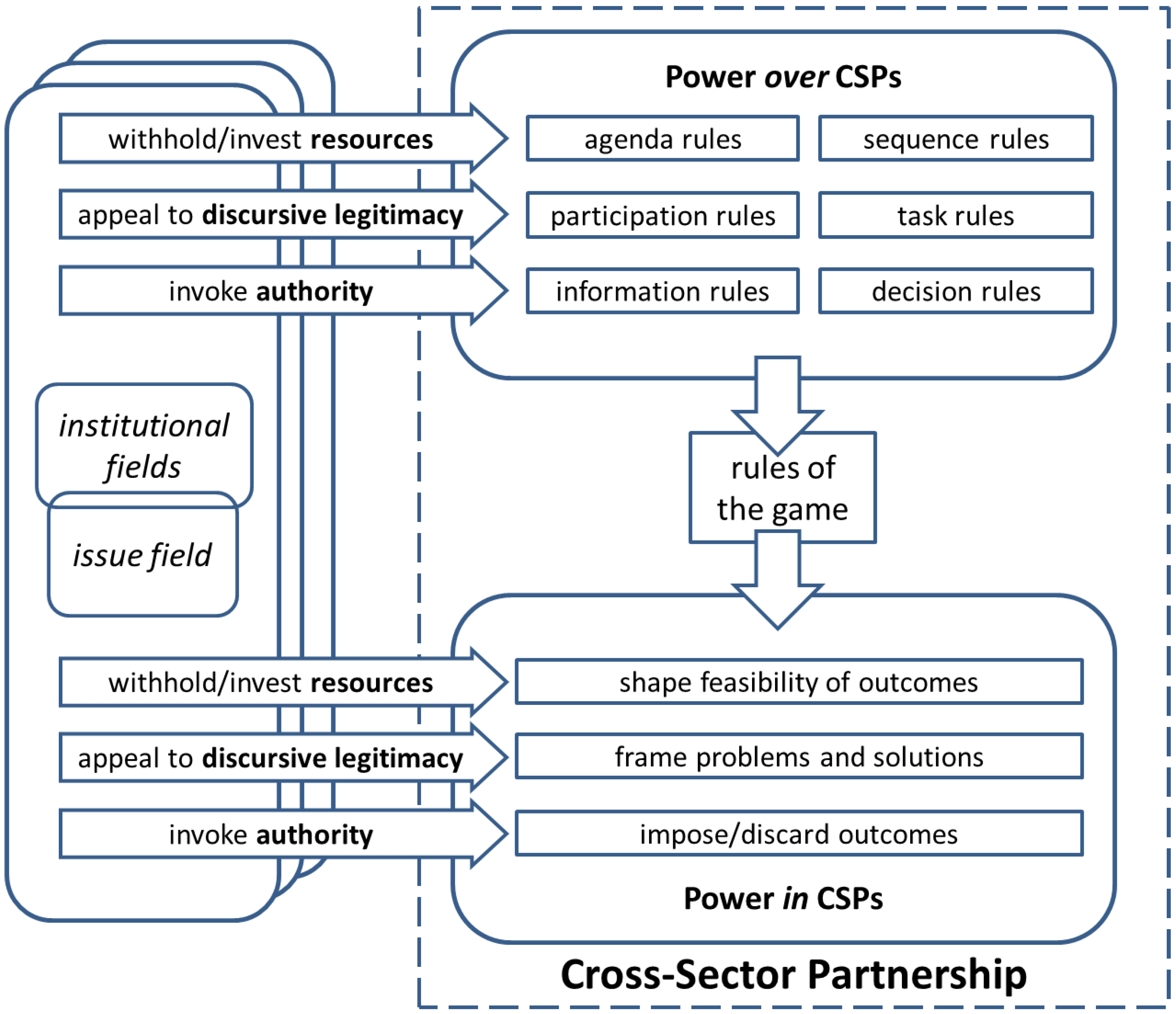After favourable review by scientific and societal referees, the Knowledge for Climate board has decided to fund the full proposal submitted by our "Governance of Climate Adaptation" consortium! The consortium has been awarded the Center of Excellence label. In the framework of this 4-year research and action programme, we are looking for candidates for the following PhD position at our group (
www.pap.wur.nl)
“Making sense of climate impacts: Understanding and dealing with the variety of climate change frames in governance processes”Promotor: Prof. Dr. Katrien Termeer
Co-promotor: Dr. Art DewulfBehind the apparent consensus that climate change is an important issue, a world of different perspectives or frames emerges (Benford & Snow, 2000; Chong & Druckman, 2007; Dewulf, et al., 2009; Schön & Rein, 1994). Effective, legitimate and resilient adaptation strategies require more than a broad agreement that climate change is important. First, in a new and not yet institutionalized policy domain, tuning with sectors like spatial planning, water, nature, agriculture, industry or infrastructure becomes crucial – these different worlds need to be connected somehow and the spatial scale for doing so is not self-evident. Second, in a multi-level governance context (Hooghe & Marks, 2003), tuning is also needed between local, regional, national and international levels on the administrative scale, which operate with different frames of reference. Third, the time scale for climate change goes much further than the usual planning horizon of governments, companies or societal organizations (Haug, et al., 2009). The long term scenarios for climate impacts, although plausible, do involve margins of uncertainty, which can be used as excuses not to act (Keeling, 2009).
All of this provides endless possibilities to frame the seriousness, urgency or scale of climate adaptation in widely diverging ways. The increasingly polarized discussion between ‘climate sceptics’ and ‘climate alarmists’, which has reached the mainstream media and political parties, testifies to this. Therefore, the variety of climate adaptation frames is likely to play an important role in climate adaptation governance processes, and we assume that the way these frame differences are handled will affect the progress and outcomes of these governance processes.
The aim of this research project is to answer this key question: How to realize effective, legitimate and resilient adaptation strategies in a situation of diverging frames about spatial, temporal and administrative scales for climate adaptation, within and between governments, businesses, scientists, societal actors and the media? The following research questions will be addressed:
- How do the actors in climate adaptation policy processes interactively deal with their frame differences?
- What is the potential of these ways of dealing with frame differences to prevent (or stir up) controversies?
- What is the influence of climate frames in the media on climate frames or controversies in policy processes?
- Which interventions for dealing with multiple frames can contribute to effective, legitimate and resilient climate adaptation and how?
The research will be carried out in cooperation with stakeholders from Dutch regional 'hotspots' for climate adaptation, therefore fluency in Dutch is required. Are you interested or do you know potential candidates? Please contact art . dewulf @ wur . nl
(without the spaces).
















